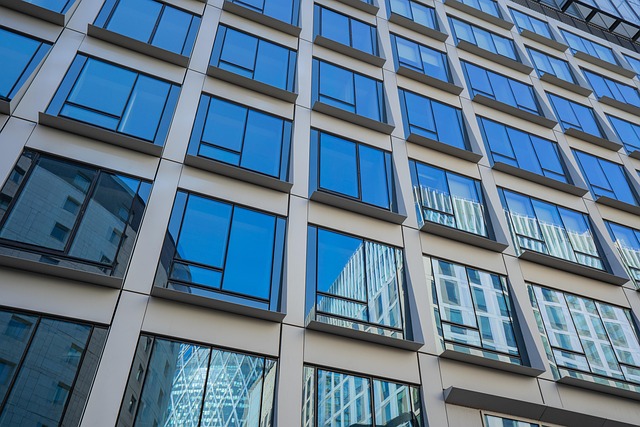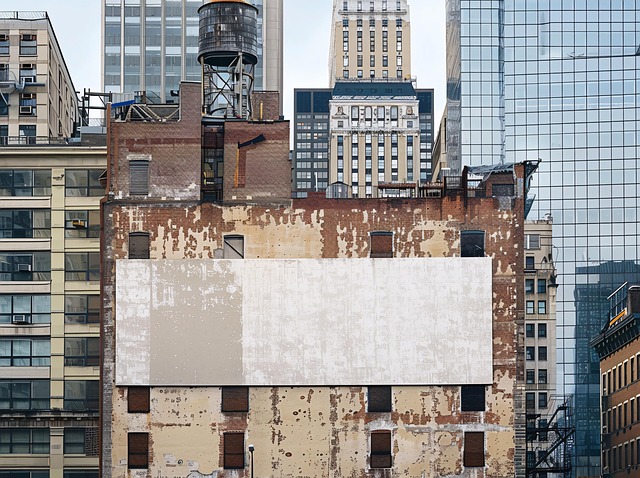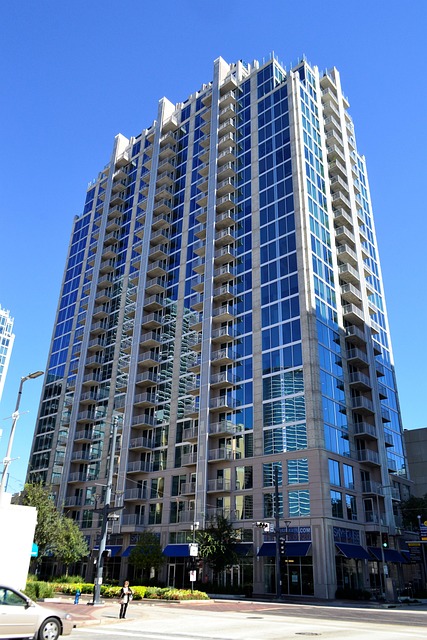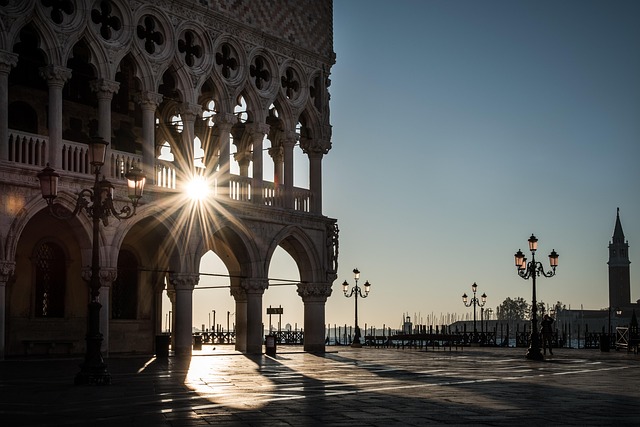Corrosion is a major challenge in commercial gas-fired water heaters, requiring strategic maintenance and material selection. Stainless steel, known for its corrosion resistance, is a preferred choice due to its durable passivation layer, offering superior performance in high-demand industrial settings like restaurants and hotels. Advanced manufacturing techniques enhance corrosion protection through seamless welding and specialized coatings. Regular maintenance, including cleaning and pH control, significantly extends the lifespan of these heaters. Gas fired water heaters are proven effective in diverse commercial environments, with case studies highlighting their improved hot water systems and longevity, available in storage or tankless models for various institutional needs.
In the world of commercial heating, stainless-steel gas-fired water heaters stand out as reliable and durable solutions. However, corrosion remains a persistent challenge in these systems. This article delves into the intricate mechanisms of corrosion within commercial gas-fired water heaters and explores how stainless steel plays a pivotal role in its prevention. We’ll dissect key features, design innovations, and maintenance practices that contribute to enhanced longevity against corrosion, supported by compelling case studies.
- Understanding Corrosion in Commercial Gas-Fired Water Heaters
- The Role of Stainless Steel in Preventing Corrosion
- Key Features and Designs for Enhanced Corrosion Resistance
- Maintenance Practices to Ensure Longevity Against Corrosion
- Case Studies: Successful Implementation and Results
Understanding Corrosion in Commercial Gas-Fired Water Heaters

Corrosion is a significant concern in commercial gas-fired water heaters, posing a constant challenge for maintenance professionals and facility managers. These water heaters, integral to countless industrial processes and daily operations in restaurants, hotels, and institutional settings, are exposed to harsh conditions that can accelerate corrosion rates. Understanding the mechanisms of corrosion is crucial to developing effective prevention strategies.
In commercial gas-fired systems, corrosion often manifests due to the interaction between hot water, carbon dioxide from the gas fuel, and various metallic components within the heater. This combination can lead to the formation of acidic or oxidative compounds, which over time, erode the metal surfaces. Factors like water quality, temperature fluctuations, and moisture content further complicate matters, especially in high-capacity heaters. Implementing robust corrosion protection measures, such as regular maintenance, selecting suitable materials, and utilizing tankless or storage water heaters where applicable, can significantly extend the lifespan of these critical commercial water heating systems.
The Role of Stainless Steel in Preventing Corrosion

Stainless steel plays a pivotal role in the construction of commercial gas-fired water heaters, offering an effective solution for corrosion resistance. Its innate properties make it an ideal material for harsh environments, especially in industrial settings like restaurants and hotels where commercial water heating is a constant requirement. The metal’s ability to form a protective surface layer known as passivation significantly enhances its durability. This natural defense mechanism ensures that the stainless steel remains unharmed even when exposed to corrosive elements present in gas-fired systems.
Unlike traditional storage water heaters, tankless models, and high-capacity commercial gas heaters, stainless steel construction provides longevity and superior performance. In institutional water heating applications, where large volumes of hot water are demanded, the material’s resistance to corrosion ensures that these systems can operate efficiently without degradation, thereby reducing maintenance costs and downtime in hotel hot water systems or restaurant water heating processes.
Key Features and Designs for Enhanced Corrosion Resistance

Commercial gas-fired water heaters designed for enhanced corrosion resistance boast several key features and innovative designs. One prominent strategy is the utilization of high-quality stainless steel, which forms a robust barrier against corrosive elements, ensuring longevity even in demanding industrial settings like restaurants, hotels, and institutions. This material choice is particularly effective for commercial water heating applications due to its exceptional durability and ability to withstand harsh conditions.
Furthermore, advanced manufacturing techniques play a pivotal role. These include sophisticated welding processes that create strong, seamless connections, preventing the ingress of moisture and corrosive substances. Modern gas fired systems also incorporate special coatings and treatments on internal surfaces to enhance corrosion protection. This, coupled with regular maintenance, ensures optimal performance for high-capacity heaters, extending their lifespan and reducing downtime in commercial water heating operations.
Maintenance Practices to Ensure Longevity Against Corrosion

Proper maintenance is key to prolonging the lifespan of commercial gas-fired water heaters and preventing corrosion. Regular cleaning and inspection are essential practices that should be implemented as part of an ongoing maintenance regimen. This includes removing any sediment or debris buildup inside the tank, which can accelerate corrosion by creating a hostile environment for stainless steel. Over time, these impurities can lead to pitting and erosion, compromising the integrity of the heater.
Additionally, ensuring optimal operating conditions is vital. Maintaining proper water chemistry, including controlling pH levels and total dissolved solids (TDS), helps protect the metal surfaces from oxidative stress. Regular monitoring and adjustments to these parameters can significantly reduce corrosion rates, especially in industrial hot water applications like restaurants and hotels where high-capacity heaters are used extensively for institutional water heating needs.
Case Studies: Successful Implementation and Results

In various industrial settings, commercial gas fired water heaters have proven their mettle through numerous case studies. Restaurants and hotels, for instance, have witnessed significant improvements in their hot water systems thanks to high-capacity gas heaters. These institutions, known for their bustling environments, now enjoy reliable and efficient commercial water heating solutions that meet the demands of their operations.
Many successful implementations highlight the versatility of gas fired systems. From storage water heaters to tankless options, these technologies cater to diverse needs in institutional water heating. Their corrosion resistance, coupled with advanced design, ensures longevity even in demanding industrial settings. This has made them a preferred choice for maintaining consistent hot water supplies, fostering hygiene and comfort across various facilities.
Commercial gas-fired water heaters made of stainless steel offer an effective solution for corrosion resistance, ensuring longevity and reliable performance. By understanding the causes of corrosion in these systems and implementing key features like high-quality stainless steel construction, strategic designs to minimize water contact, and regular maintenance practices, commercial spaces can enjoy efficient hot water supply without frequent replacements. These measures make stainless steel a superior choice for durable and cost-effective gas fired water heaters in demanding commercial environments.
